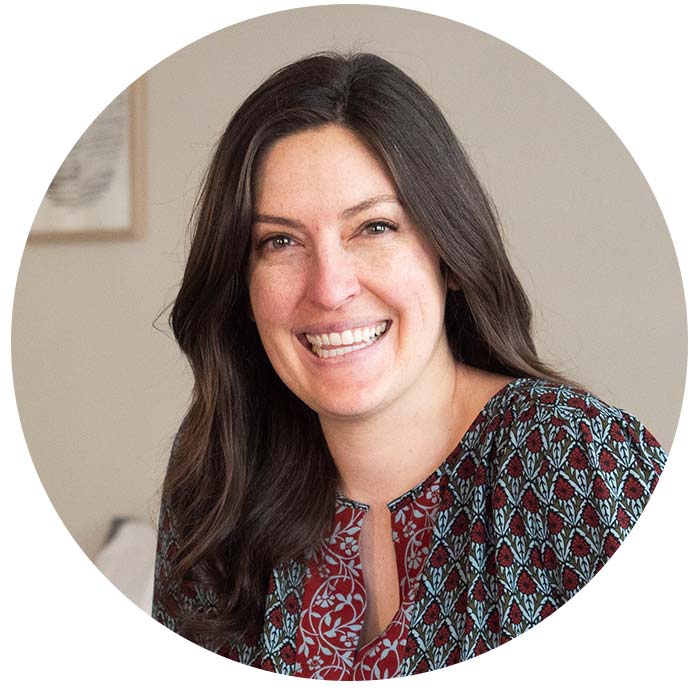Researchers from the University of South Florida say that employees who come up short on sleep during the weekday — even losing minor amounts of sleep — are more likely to have issues with staying on task and maintaining good judgment the following day.
Study author Soomi Lee, Ph.D., assistant professor in the School of Aging Studies at the University of South Florida, and her colleagues surveyed 130 people who worked in Information Technology and who had at least one child. We spoke with Lee to gain more insights into this study.
The Study: Work Performance And Sleep Loss
In daily telephone interviews over the span of eight days, the participants were asked about their bedtime habits. These questions included when they went to sleep, their sleep duration, when they woke up, and the quality of their sleep, among other factors.
Participants also reported how often they felt off-task or experienced distracting thoughts during the day. They were asked to rate the frequency of these distractions on a scale from 0 to 4, with 0 equating to “never” and 4 equating to “very often”.
Researchers found that those who reported waking earlier, losing sleep during the night, or sleeping poorly reported having a harder time at work. Specifically, they found that losing as few as 16 minutes of sleep affected a worker’s ability to perform their job at their usual level.
The study authors also concluded that this cognitive interference heightened stress levels and led workers to go to sleep earlier and wake up earlier as a result of fatigue.
The survey results were published in Sleep Health (Journal of the National Sleep Foundation) in March.

Surprising (And Significant) Findings
“I was surprised that just losing 16 minutes of sleep per night significantly increased the frequency of cognitive interference (experience of off-task and distracting thoughts) the next day,” Lee told Mattress Clarity via email.
Lee told us she was also surprised that increased cognitive interference was associated with earlier bedtimes and earlier wake times, compared to the participant’s usual sleep schedule.
“These findings show the vicious cycle between poor sleep and poor performance,” she told us. “If you have poor sleep, your next-day cognitive functioning at work may be poorer; this may lead to another poor sleep night.”
Despite the small sample size, Dr. Jacob Teitelbaum, a board-certified internist, said he believes the findings are clinically significant.
“The study confirms in day-to-day life what we see in sleep disorders such as fibromyalgia, where cognitive dysfunction can be severe,” he told Matress Clarity. “Cognitive dysfunction is one of the numerous side effects of inadequate sleep, with others including fatigue, immune dysfunction, weight gain, and pain.”
When asked why she and her colleagues chose to study employees in Information Technology, Lee spoke to us about the workforce’s reputation for working outside of traditional business hours.
“IT workers tend to work long hours and experience a permeable boundary between work and personal life,” she told us. “Work characteristics in this occupational sector are likely to disrupt the workers’ sleep. Overtime work, frequent phone calls after work hours, late work-related emails, and early bird meetings interfere with optimal sleep.”
RELATED: Could Afternoon Napping Help Improve Job Performance?
Lee said she thinks the outcomes could be expected in a range of jobs and are not limited to the IT workforce.
“About 40% of US workers across occupations report sleep problems,” she told Mattress Clarity. “Findings from the current study are based on office, white-collar workers. But I believe the negative impact of poor sleep may be more serious for workers in non-office settings.”
Lee told us her next project will document sleep health issues among workers in sleep-vulnerable sectors. She said that she would like to design and deliver an intervention program to improve their sleep health.
“Sleep is part of our everyday life,” Lee said. “and it’s modifiable!”
Featured image: KieferPix/Shutterstock

